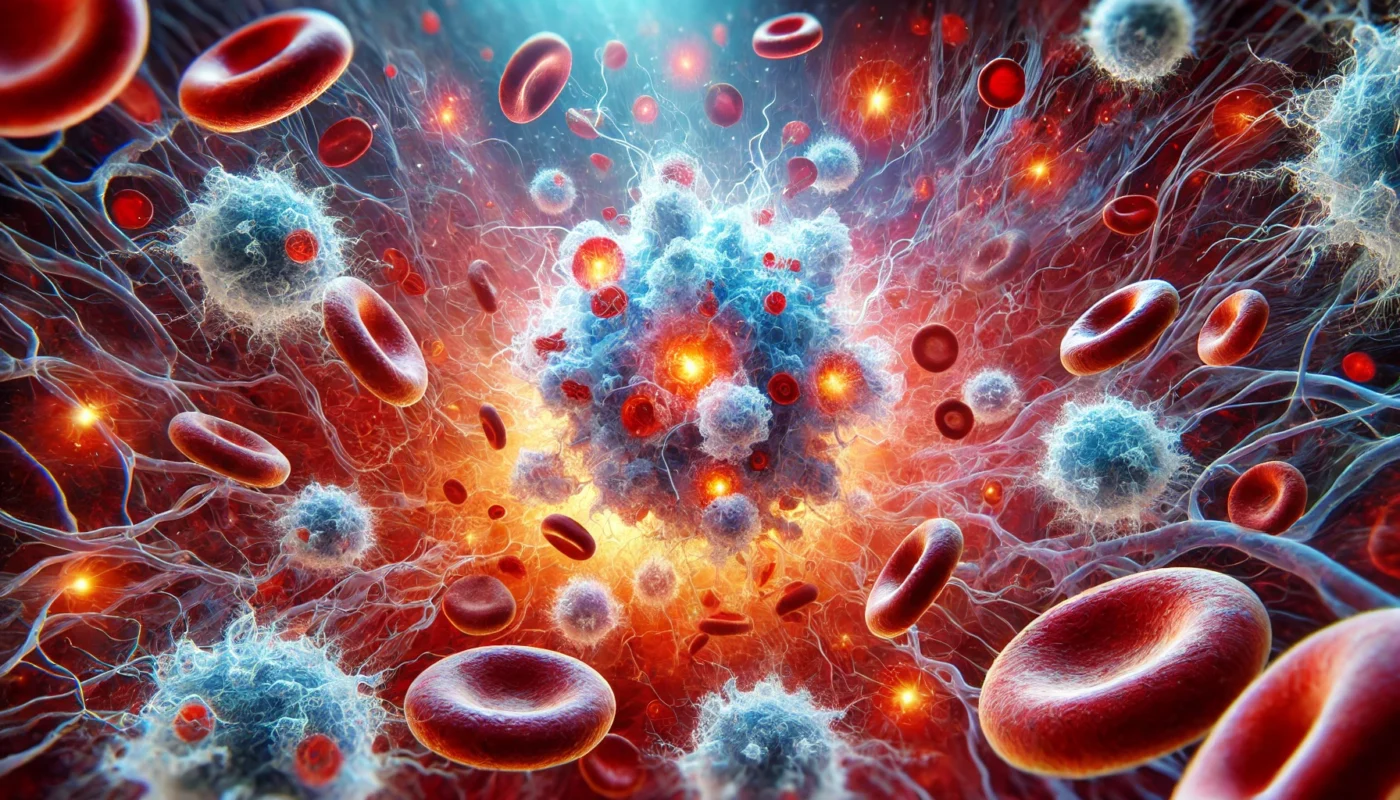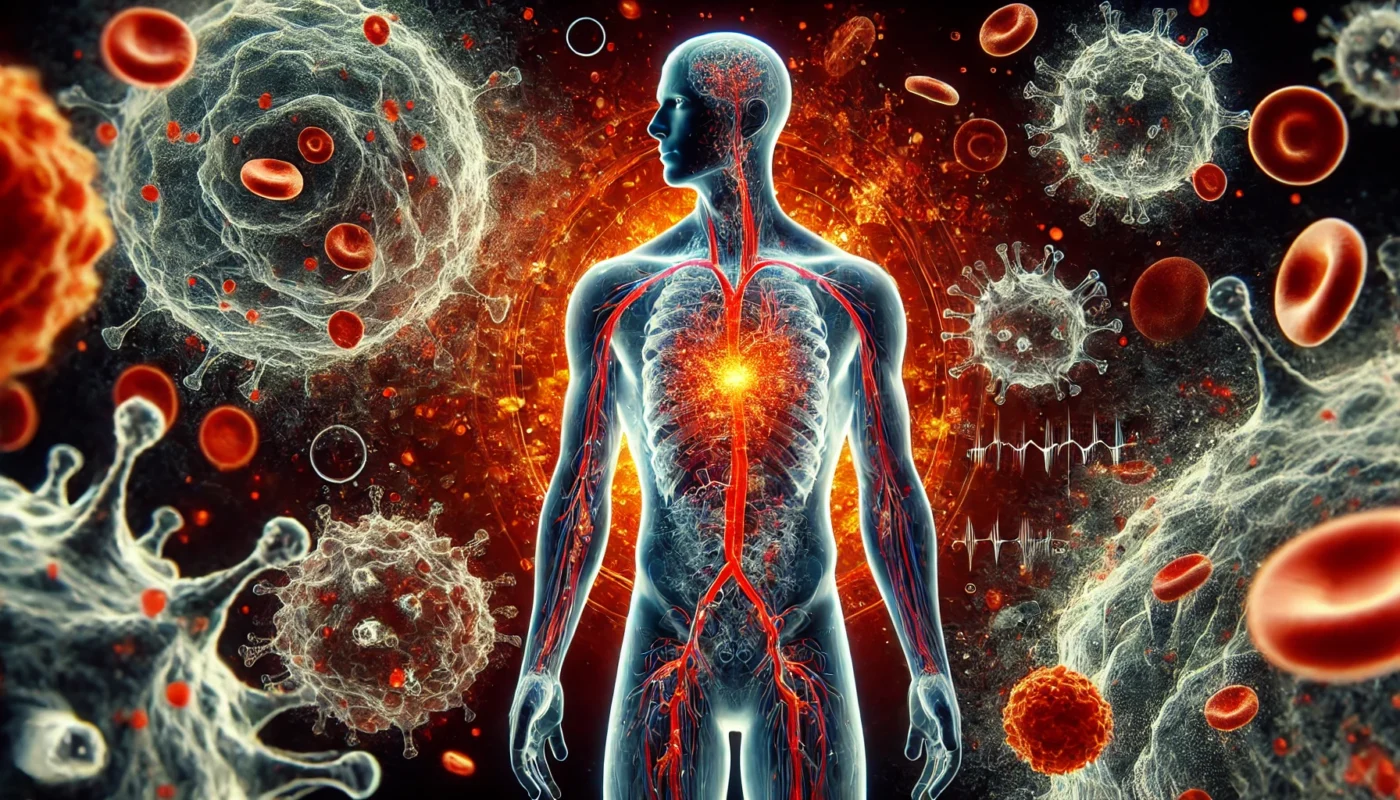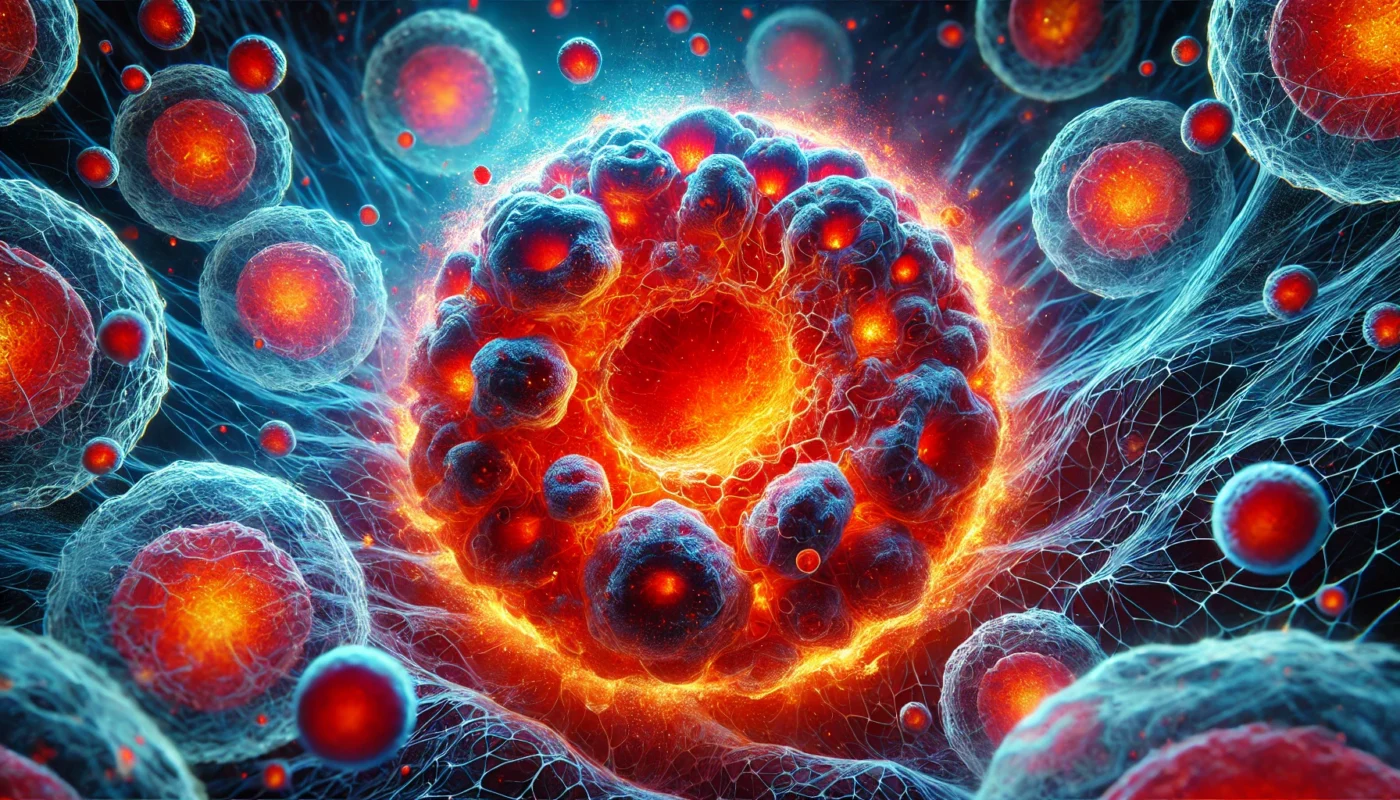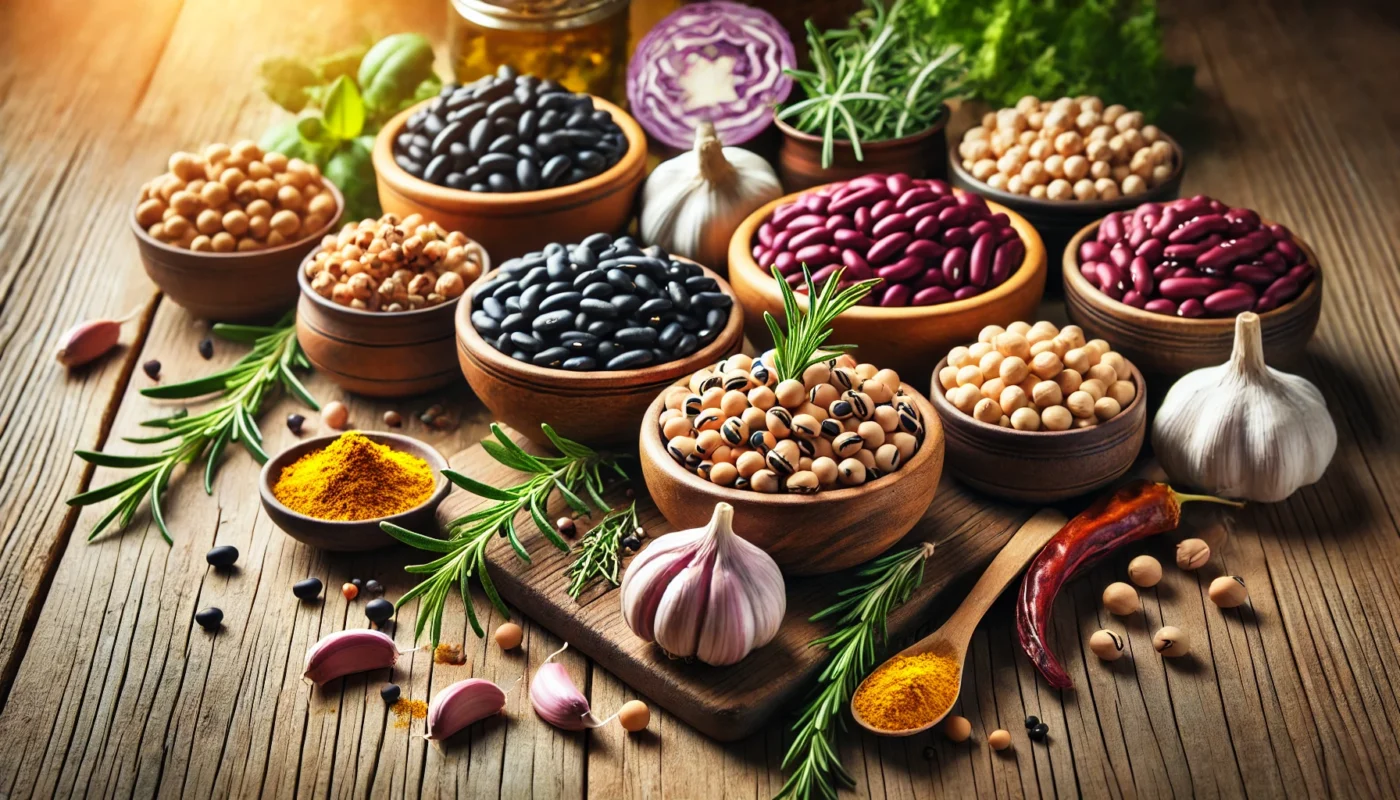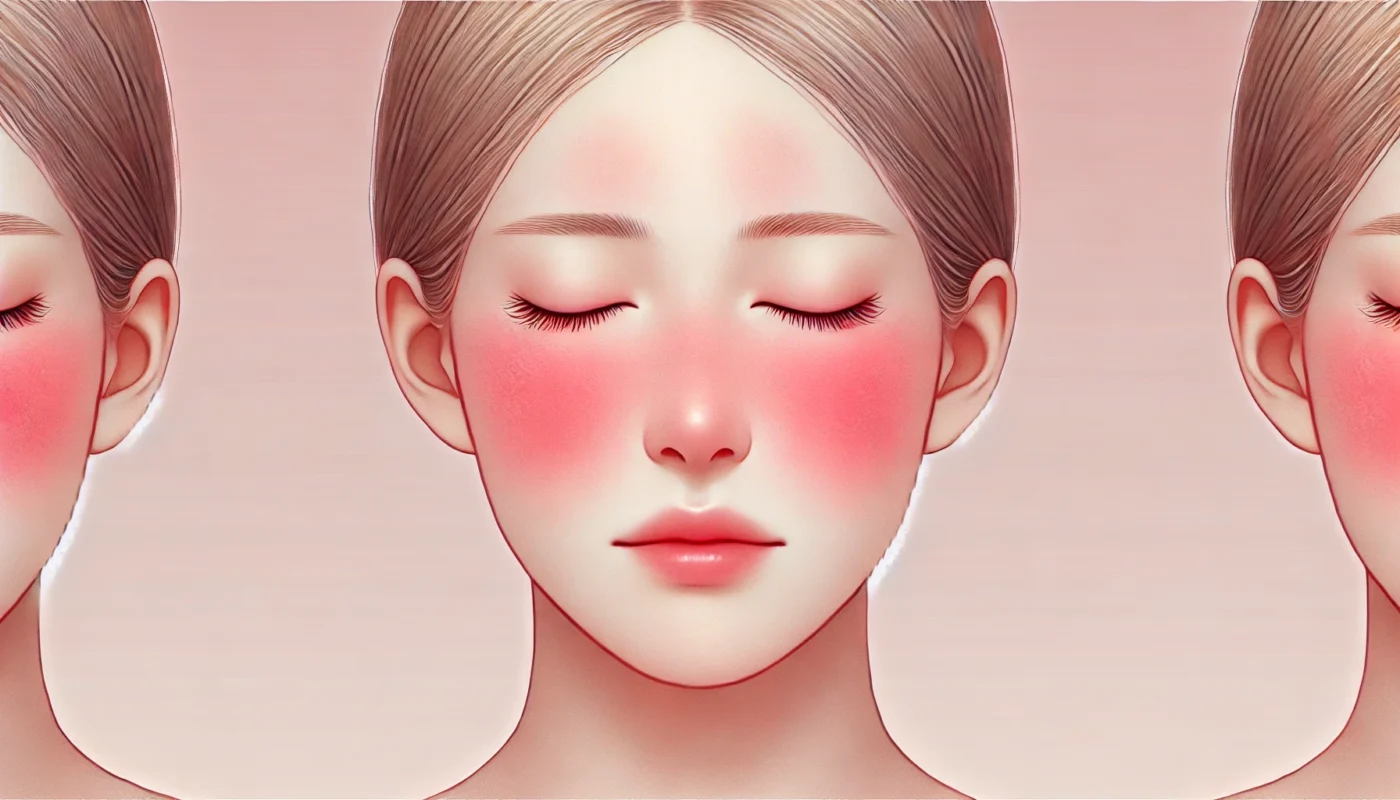In recent years, coconut oil has transcended its traditional culinary uses, emerging as a staple in holistic health practices. With its myriad of benefits, this versatile oil has piqued the interest of researchers and health enthusiasts alike. A significant area of interest is its potential antibacterial properties. But how credible are these claims? Can coconut oil really kill bacteria, and does it possess antibiotic qualities? Let’s delve into the scientific research and practical applications of coconut oil to explore its antibacterial benefits.
Tag Archives: chronic inflammation
Inflammation is the body’s way of protecting itself from infection, illness, or injury. It is a complex biological response to harmful stimuli such as pathogens, damaged cells, or irritants. Essentially, inflammation is the body’s attempt to heal itself after an injury, defend itself against foreign invaders, such as viruses and bacteria, and repair damaged tissue.
Inflammation is the body’s natural response to injury or infection, designed to eliminate harmful stimuli and initiate the healing process. It’s a complex biological response involving various cells, proteins, and signaling pathways. Essentially, when your body senses an injury or pathogen, it releases chemicals that initiate an inflammatory reaction.
Immune inflammatory diseases, often referred to as autoimmune diseases, occur when the body’s immune response turns against its own tissues, leading to inflammation. This inflammation can affect various parts of the body, including the joints, skin, and organs. Understanding the mechanism of these diseases is essential for managing and potentially mitigating their impact on health.
Chronic inflammation: a term that might sound slightly intimidating, and rightfully so. It’s a silent aggressor lurking within the body, often going unnoticed until it manifests as something more severe. In this article, we’ll delve into the intricacies of chronic inflammation, exploring why inflammation can be detrimental to your health and how to manage it effectively.
Inflammation is a natural response by our bodies to injury or infection. It’s a crucial part of the body’s defense mechanism, helping to heal wounds and fight off harmful pathogens. However, when inflammation becomes chronic, it can lead to a host of health problems, including heart disease, arthritis, and even certain cancers. Chronic inflammation can silently damage tissues and organs, often going unnoticed until serious conditions develop.
Inflammation is the body’s natural response to injury or illness, acting as a defense mechanism to promote healing. However, chronic inflammation is a different story. It occurs when the inflammatory response persists over time, leading to potential damage and health complications.
Inflammation is the body’s natural response to injury or infection, aimed at protecting and healing. It is characterized by redness, swelling, heat, and pain, serving as a protective mechanism to remove harmful stimuli and initiate the healing process. This response is essential for survival, as it helps to eliminate infections and repair damaged tissues.
Inflammation is a natural biological response to injury or infection. It’s a critical part of the body’s defense mechanism, involving immune cells, blood vessels, and molecular mediators. However, when inflammation becomes chronic, it can lead to various health issues, including heart disease, arthritis, and certain cancers. Therefore, managing inflammation through diet has become an essential consideration in holistic health practices.
Facial inflammation is a natural immune response to injury, infection, or irritation. It is characterized by swelling, redness, warmth, and sometimes pain or discomfort. The underlying physiological process involves the dilation of blood vessels, increased blood flow, and the accumulation of immune cells at the affected site. While inflammation is a protective mechanism, excessive or chronic inflammation can lead to tissue damage and contribute to various health issues.



